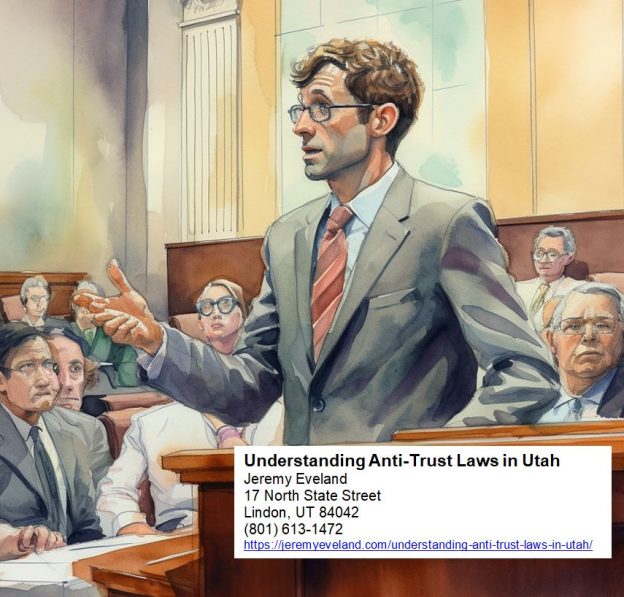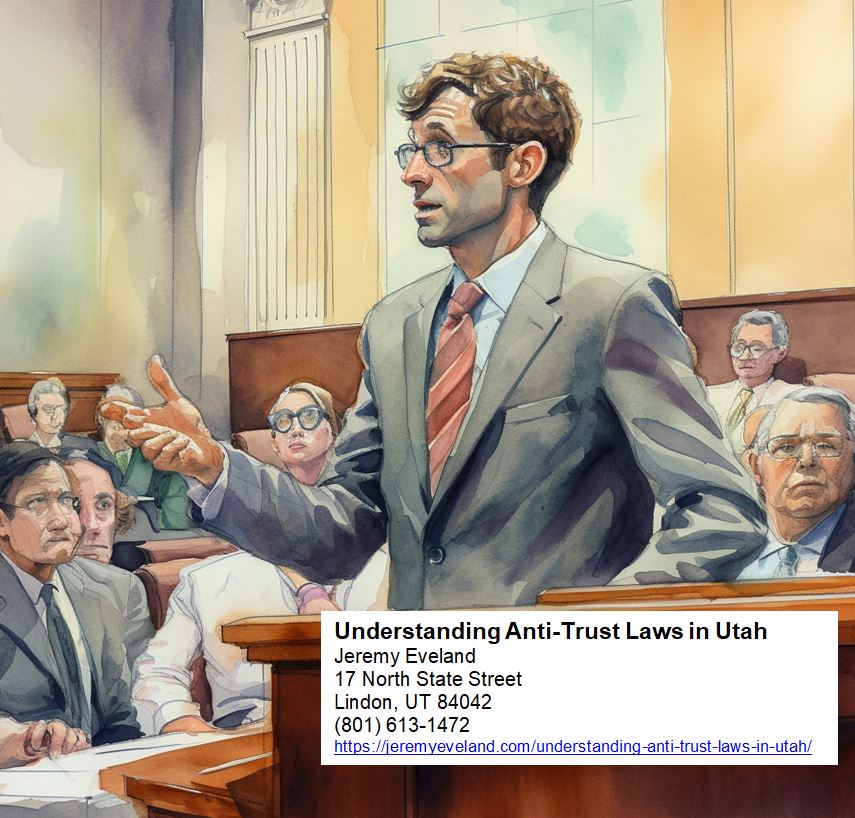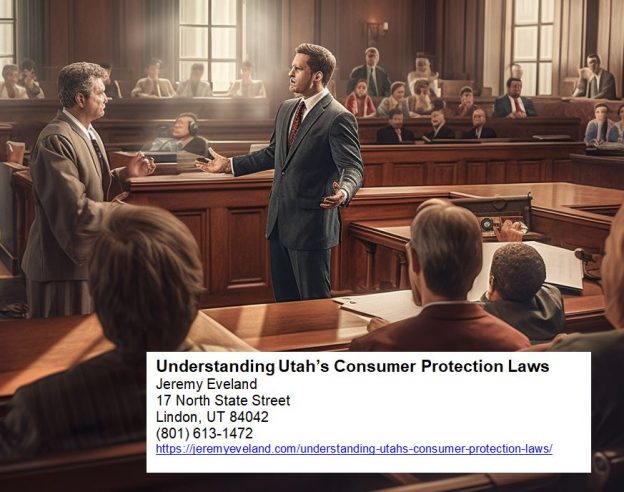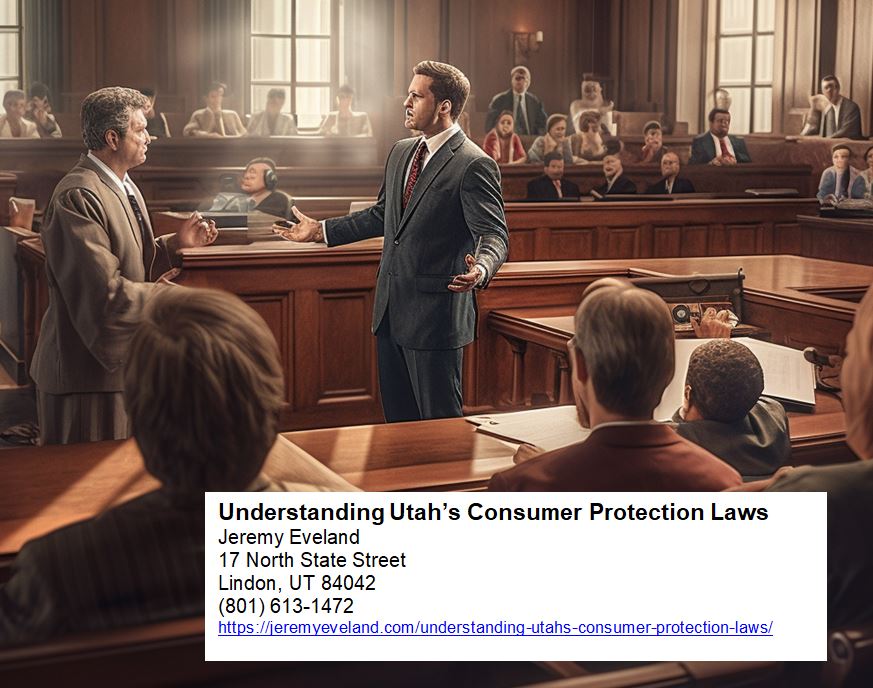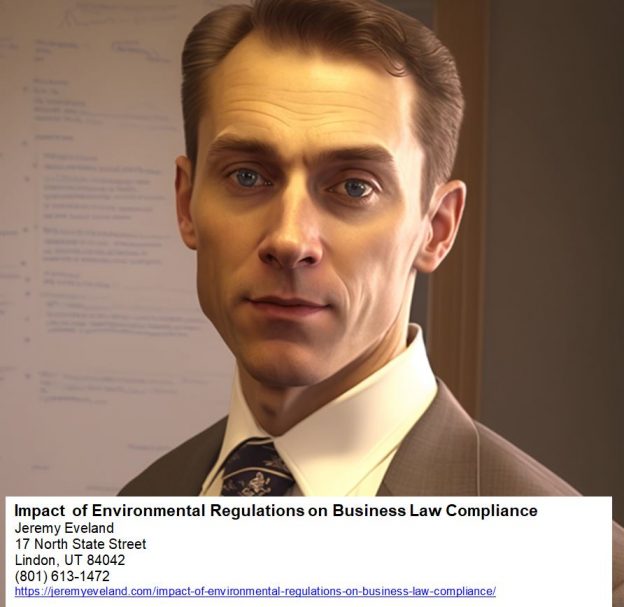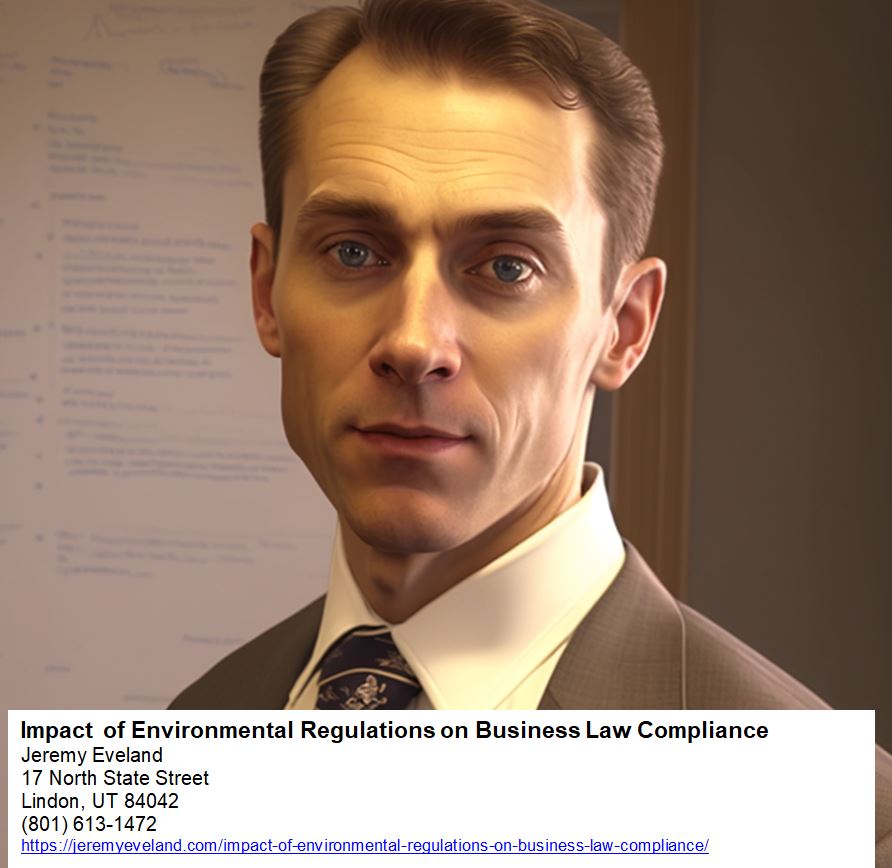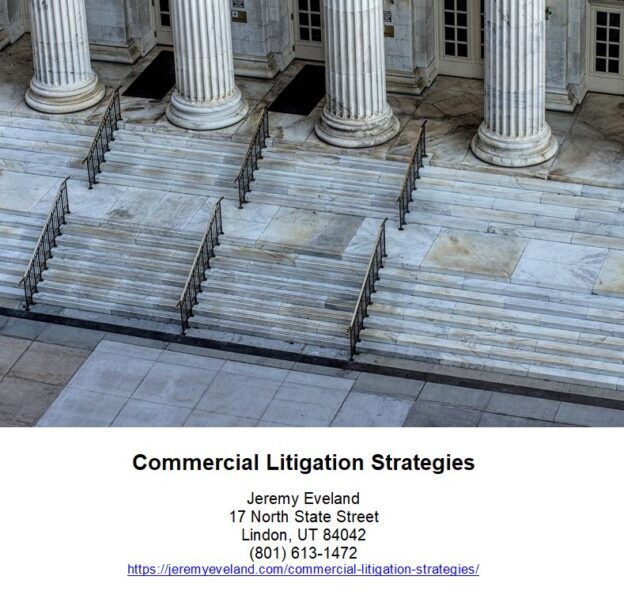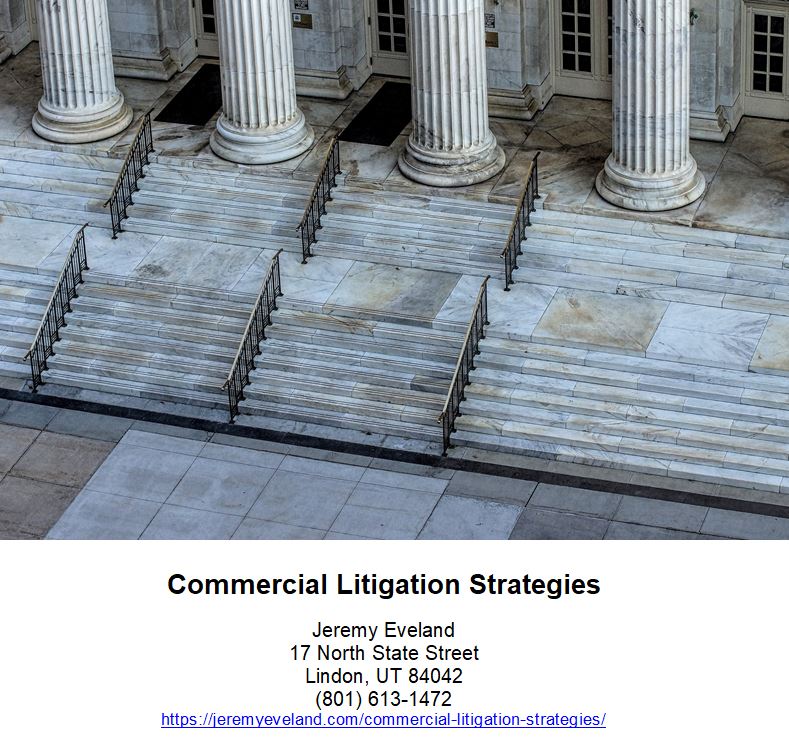In today’s rapidly changing world, businesses are increasingly recognizing the importance of sustainable practices. With growing concerns about climate change, environmental degradation, and social inequality, companies are under increasing pressure to integrate sustainability into their operations. This article aims to provide a comprehensive overview of sustainable business practices and the benefits they offer. By exploring key concepts, such as corporate social responsibility, green marketing, and ethical sourcing, this article will highlight the ways in which businesses can align their interests with societal and environmental goals. Whether you are a small startup or a multinational corporation, adopting sustainable business practices not only helps protect the planet, but also enhances your brand reputation, attracts customers, and positions your business for long-term success.
Why Sustainable Business Practices Matter
Sustainable business practices have become increasingly important in today’s society due to their positive impacts on the environment, social responsibility, and overall economic benefits. By implementing sustainable practices, businesses can contribute to a healthier planet, improve their reputation, attract more customers, and achieve long-term financial success.
Environmental Impact
One of the main reasons why sustainable business practices matter is their significant positive impact on the environment. By reducing greenhouse gas emissions, conserving natural resources, and minimizing pollution levels, businesses can help mitigate climate change and protect ecosystems. Implementing energy-efficient technology, promoting recycling and waste reduction, and adopting circular economy principles are some effective ways to minimize the environmental footprint of a business.
Social Responsibility
Another crucial aspect of sustainable business practices is social responsibility. Businesses have a responsibility to consider the welfare of society as a whole, including employees, customers, and local communities. Ethical labor practices, diversity and inclusion initiatives, and supporting local communities are some ways businesses can fulfill their social responsibilities. By prioritizing these values, businesses can foster a positive organizational culture and attract socially conscious customers and employees.
Economic Benefits
Despite some misconceptions, sustainable business practices can also bring significant economic benefits. By adopting sustainable practices, businesses can reduce operational costs through energy and resource efficiency, waste reduction, and increased productivity. They can also gain a competitive advantage by improving their reputation, attracting more customers, and enhancing brand loyalty. Additionally, sustainability practices often lead to innovation and the development of new products and services, further driving economic growth.
Adopting Sustainable Practices
To adopt sustainable practices effectively, businesses should follow a step-by-step approach that includes assessing current practices, setting goals, and developing a sustainability plan.
Assessing Current Practices
The first step in adopting sustainable practices is to assess the current practices within the organization. This involves evaluating energy consumption, water usage, waste management, and social impact. By understanding the current state and identifying areas for improvement, businesses can develop targeted strategies to enhance sustainability.
Setting Goals for Sustainability
After assessing current practices, businesses should set clear and measurable goals for sustainability. These goals should be specific, attainable, and aligned with the organization’s overall mission and values. Whether it is reducing energy consumption, increasing recycling rates, or improving social development initiatives, setting goals provides a roadmap for progress.
Developing a Sustainability Plan
Once goals are established, businesses should develop a comprehensive sustainability plan. This plan outlines the specific actions and strategies that will be implemented to achieve the sustainability goals. It should include a timeline, budget, and assigned responsibilities to ensure accountability throughout the organization.

Reducing Energy Consumption
Reducing energy consumption is a key aspect of sustainable business practices as it not only helps the environment but also contributes to cost savings and improved operational efficiency.
Implementing Energy-Efficient Technology
One of the most effective ways to reduce energy consumption is by implementing energy-efficient technology. This includes upgrading to energy-efficient lighting systems, utilizing smart thermostats and sensors for HVAC systems, and investing in energy-efficient equipment. By using energy more efficiently, businesses can save money on utility bills and reduce their carbon footprint.
Optimizing Building Designs
Designing and retrofitting buildings with sustainability in mind can also significantly reduce energy consumption. Incorporating natural light, improving insulation, and using energy-efficient materials in construction can help minimize the need for artificial lighting, heating, and cooling systems. Additionally, integrating renewable energy sources such as solar panels can further reduce reliance on fossil fuels.
Promoting Employee Engagement
Engaging employees in energy-saving practices is crucial for reducing energy consumption. This can be done through awareness campaigns, training programs, and incentives for energy conservation. By involving employees in sustainability initiatives, businesses can create a culture of environmental responsibility and maximize energy-saving efforts.
Conserving Water Resources
Water conservation plays a vital role in sustainable business practices, especially considering increasing water scarcity in many parts of the world. By implementing water management strategies, using water-efficient fixtures, and educating employees on water conservation, businesses can reduce their water consumption and contribute to the preservation of this precious resource.
Implementing Water Management Strategies
Businesses should develop water management strategies that involve monitoring water usage, identifying areas of water waste, and implementing measures to optimize water consumption. This may include installing water meters, conducting regular audits, and implementing water-saving technologies such as rainwater harvesting and graywater recycling.
Using Water-efficient Fixtures
By installing water-efficient fixtures such as low-flow toilets, sinks, and showers, businesses can significantly reduce water consumption without compromising functionality. These fixtures use less water per use, saving both water and the energy required to heat or pump it.
Educating Employees on Water Conservation
Raising awareness among employees about the importance of water conservation and providing them with practical tips and guidelines can greatly contribute to reducing water waste. Simple measures such as fixing leaks, utilizing water-saving practices in restrooms and kitchens, and reusing water where possible can make a substantial difference.

Waste Reduction and Recycling
Implementing waste reduction and recycling programs is an essential component of sustainable business practices. By minimizing waste generation, increasing recycling rates, and adopting circular economy principles, businesses can minimize environmental impact and contribute to resource conservation.
Implementing Recycling Programs
Establishing recycling programs within the organization is a fundamental step towards waste reduction. This involves providing designated recycling bins across the workspace, educating employees about proper sorting techniques, and partnering with recycling service providers. It is essential to ensure that materials such as paper, cardboard, plastics, glass, and metal are appropriately collected and recycled.
Reducing Packaging Waste
Reducing packaging waste is another effective way to promote sustainability. Businesses can achieve this by adopting eco-friendly packaging materials, optimizing packaging designs to minimize material usage, and exploring innovative alternatives such as reusable packaging or product refills. By reducing packaging waste, businesses can decrease their carbon footprint and improve their overall environmental performance.
Adopting Circular Economy Principles
The concept of a circular economy aims to minimize waste generation by designing products and systems for reuse, repair, and recycling. By adopting circular economy principles, businesses can reduce the consumption of finite resources, minimize waste disposal, and create a more sustainable and efficient economic model. This involves strategies such as product redesign, remanufacturing, and establishing partnerships for resource sharing.
Supply Chain Sustainability
Ensuring supply chain sustainability is essential for businesses aiming to achieve comprehensive sustainability goals. By assessing suppliers’ sustainability practices, establishing ethical sourcing guidelines, and collaborating with socially responsible partners, businesses can ensure that their entire supply chain aligns with their sustainability objectives.
Assessing Suppliers’ Sustainability Practices
As part of responsible sourcing, businesses should assess their suppliers’ sustainability practices. This includes evaluating their environmental policies, labor practices, and overall commitment to corporate social responsibility. By partnering with suppliers who share the same values and sustainable practices, businesses can ensure that their supply chain promotes sustainability.
Establishing Ethical Sourcing Guidelines
Businesses should establish clear ethical sourcing guidelines that outline the expectations and requirements for suppliers. This may include criteria such as supporting fair labor practices, using environmentally friendly materials, and complying with relevant regulations. By setting these guidelines, businesses can ensure that their suppliers operate responsibly and ethically.
Collaborating with Socially Responsible Partners
Collaborating with socially responsible partners is an effective way to strengthen supply chain sustainability. By partnering with organizations and suppliers that prioritize sustainable practices, businesses can leverage collective efforts to drive positive change and enhance the overall sustainability of their operations.
Promoting Social Development
In addition to environmental sustainability, businesses must also focus on promoting social development through ethical labor practices, diversity and inclusion initiatives, and supporting local communities.
Ethical Labor Practices
Ensuring ethical labor practices is crucial for businesses to uphold social responsibility. This includes providing fair wages, safe working conditions, and promoting equal employment opportunities. By treating employees with respect, businesses can create a positive work environment, enhance employee satisfaction, and attract socially conscious customers.
Diversity and Inclusion Initiatives
Promoting diversity and inclusion within the organization is essential for fostering a culture of equality and fairness. Businesses should strive to create a workforce that reflects the diverse communities they operate in and provide equal opportunities for all. By valuing diversity, businesses can benefit from diverse perspectives, innovation, and improved decision-making.
Supporting Local Communities
Businesses have an opportunity to make a positive impact on local communities by supporting social development initiatives. This may involve partnering with local nonprofit organizations, investing in community projects, or providing volunteer opportunities for employees. By actively engaging with local communities, businesses can contribute to their well-being and build stronger relationships.
Transparent Communication
Transparent communication is key for businesses to demonstrate their commitment to sustainability and build trust with stakeholders. By reporting sustainability progress, engaging with stakeholders, and building trust with customers, businesses can enhance their reputation and credibility.
Reporting Sustainability Progress
Businesses should regularly report on their sustainability progress to demonstrate their commitment to transparency and accountability. This can be done through sustainability reports, public disclosures, and online platforms. By sharing achievements, goals, and challenges, businesses can showcase their dedication to sustainability and inspire others to take similar actions.
Engaging Stakeholders
Engaging stakeholders, such as employees, customers, investors, and local communities, is crucial for the success of sustainable business practices. By involving stakeholders in decision-making processes, seeking feedback, and addressing concerns, businesses can build trust, gain valuable insights, and foster collaborative relationships that support sustainability initiatives.
Building Trust with Customers
Building trust with customers is essential for businesses to thrive in today’s market. By clearly communicating sustainability efforts, providing transparent information about products and services, and adhering to ethical practices, businesses can show customers their commitment to social and environmental responsibility. This can lead to increased customer loyalty and a positive brand reputation.

Measuring and Evaluating Sustainability Performance
To ensure continuous improvement and track progress towards sustainability goals, businesses must measure and evaluate their sustainability performance. This involves using key metrics for environmental performance, conducting social impact assessments, and monitoring economic indicators for sustainable growth.
Metrics for Environmental Performance
Businesses should establish key metrics to measure their environmental performance. This may include tracking energy consumption, water usage, waste generation, greenhouse gas emissions, and resource efficiency. By monitoring these metrics over time, businesses can identify areas for improvement and evaluate the effectiveness of sustainability initiatives.
Social Impact Assessment
Conducting social impact assessments helps businesses understand and measure the effects of their activities on society. This includes assessing the impact on employees, local communities, supply chain partners, and other stakeholders. By evaluating social performance, businesses can identify areas where they can make a positive difference and address any potential negative impacts.
Economic Indicators for Sustainable Growth
Tracking economic indicators is important to ensure sustainable growth and financial viability. Businesses should measure factors such as revenue generated from sustainable products or services, cost savings from sustainability initiatives, and return on investment for sustainability projects. By aligning sustainability goals with financial performance, businesses can ensure long-term success.
Frequently Asked Questions
What are the benefits of sustainable business practices?
Sustainable business practices bring numerous benefits, including cost savings through energy and resource efficiency, improved reputation and brand loyalty, enhanced employee satisfaction, reduced environmental impact, and resilience in the face of changing regulations and societal expectations.
How can businesses assess their current sustainability practices?
Businesses can assess their current sustainability practices by conducting audits, using sustainability assessment frameworks, analyzing energy and resource consumption data, and seeking employee and stakeholder feedback. Consultants specializing in sustainability practices can also provide valuable insights.
What are some common challenges in implementing sustainable business practices?
Some common challenges in implementing sustainable business practices include resistance to change, lack of awareness or understanding of sustainability issues, financial constraints, difficulty in sourcing sustainable materials or suppliers, and the need for long-term commitment from top management.
How can businesses measure their sustainability performance?
Businesses can measure their sustainability performance by using key performance indicators for environmental, social, and economic aspects. This includes tracking energy and water consumption, waste generation and recycling rates, greenhouse gas emissions, employee satisfaction, social impact, customer feedback, and financial indicators related to sustainability.
What legal considerations should businesses be aware of when adopting sustainable practices?
When adopting sustainable practices, businesses should be aware of relevant laws, regulations, and industry standards that govern environmental impact, labor practices, product labeling, waste management, and supply chain transparency. Consulting with legal professionals specializing in sustainability can help ensure compliance and mitigate legal risks.
In conclusion, adopting sustainable business practices is crucial for businesses to thrive in today’s society. By focusing on environmental impact, social responsibility, and economic benefits, businesses can contribute to a healthier planet, enhance their reputation, attract customers, and achieve long-term financial success. By following a step-by-step approach, including assessing current practices, setting goals, and developing a sustainability plan, businesses can effectively adopt sustainable practices. This involves reducing energy consumption, conserving water resources, promoting waste reduction and recycling, ensuring supply chain sustainability, promoting social development, practicing transparent communication, and measuring and evaluating sustainability performance. By embracing sustainability, businesses can not only make a positive difference, but also position themselves as leaders in their industries and attract socially conscious customers.














